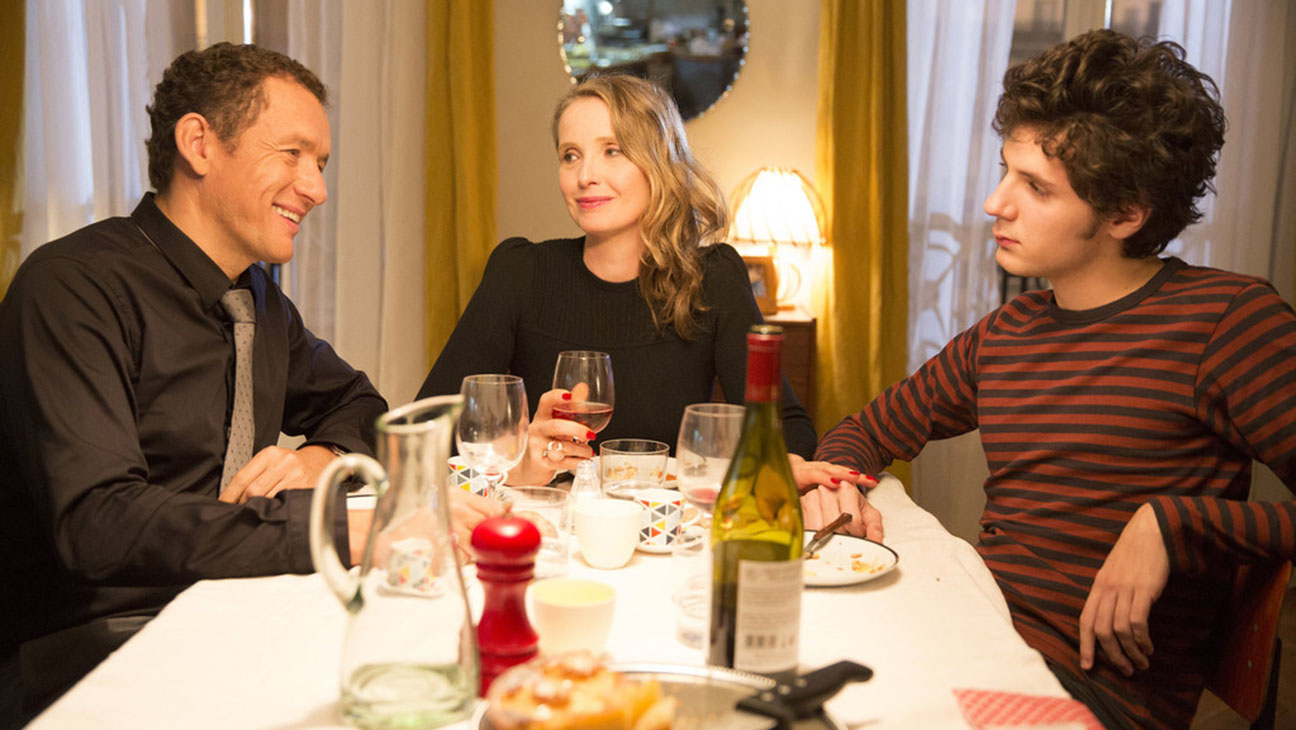Lolo [2015] is a comedy written/directed by and starring Julie Delpy about a budding romance being tampered with by the lead’s adult son.
A Story You’ve Probably Seen Before; Lolo is not a fresh idea. The story of a child hampering their parent’s love life has been told countless times before and Lolo doesn’t do it in a particularly interesting or new way. The story is without a doubt the weakest aspect of Lolo, but there are some redeeming factors to its presentation.
Realistic Comedic Performances; The acting in Lolo is very good across the board. The performances aren’t exaggerated for the sake of comedy and all of the characters feel like genuine people. The standout character is the male romantic lead, Jean-René played by Dany Boon who has some truly clever character traits. When touring an art museum, he looks up at the security camera instead of the paintings which is both quirky and fun and fits with his character’s background as a software engineer.
At Once Vulgar and Intellectual; The dense dialogue of the film is quick and witty. The film plays out largely as a series of conversations, often straddling the line between surprisingly sexual vulgarity and light intellectual provocation. The constant talking never feels tiresome but although the conversations are often witty, they are rarely feel wholly important or meaningful. Lolo is consistently funny, but not in an overly clever way. Chuckles abound a few hearty laughs.
Surprisingly Strong Art Direction; The understated art direction of Lolo is actually its strongest aspect. Despite the good use of its color palette being the best thing the film has going for it, it is very subtly utilized and could be missed entirely by a casual viewer. Every single scene of the film contains a certain shade of blue somewhere within the frame and the outfits characters wear here often compliment the backgrounds around them. While this does make the film more visually appealing, it is neither overt enough to give the movie its own sense of reality as Wes Anderson’s color Palettes often do, nor do the colors seem to have any particular meaning to them. In the end the interesting use of color feels sort of pointless, much like the rest of the film.
Lolo is entertaining enough but tells a story that has been told much better in other films.

